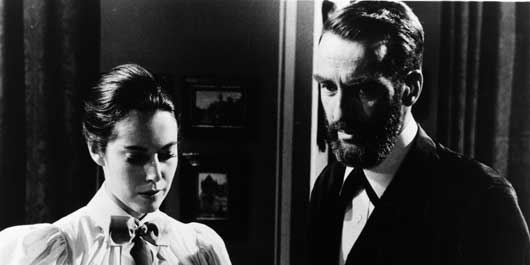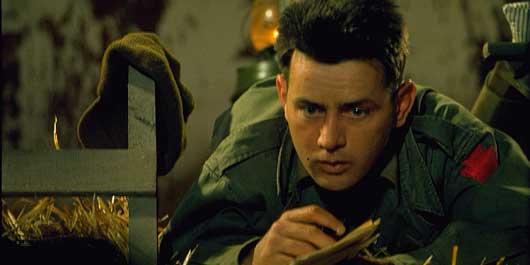 Youd think by now that every great classic film would be available on DVD by now but on Monday 23rd April two unreleased films to UK DVD finally come out: Freud directed by the legendary John Huston is a magnificent film noir starring Montgomery Clift, whilst The Execution of Private Slovik an 8 Emmy Award nominated war classic stars the always brilliant Martin Sheen. And weve got a three copies of each of the films to give away to three lucky people.
Youd think by now that every great classic film would be available on DVD by now but on Monday 23rd April two unreleased films to UK DVD finally come out: Freud directed by the legendary John Huston is a magnificent film noir starring Montgomery Clift, whilst The Execution of Private Slovik an 8 Emmy Award nominated war classic stars the always brilliant Martin Sheen. And weve got a three copies of each of the films to give away to three lucky people.
It always amazes me how few Montgomery Clift films people have seen, as he was a superb actor. Freud was his final leading role, as his declining health made film appearances increasingly difficult after 1962, and sees him as the famed psychotherapist, facing scorn for his controversial theories. The Execution of Private Slovik meanwhile is about the man who in 1944 became the only man executed by the US military for desertion since the Civil War.
If you’d like to try and win one of three sets of Freud and The Execution Of Pirvate Slovik that we’ve got to give away, sign in to the site below (or click here to register) and answer the multiple choice question (see below for more details on how to enter). The competition closes on May 6th, 2012, so get answering and good luck!





You must be logged in to post a comment.